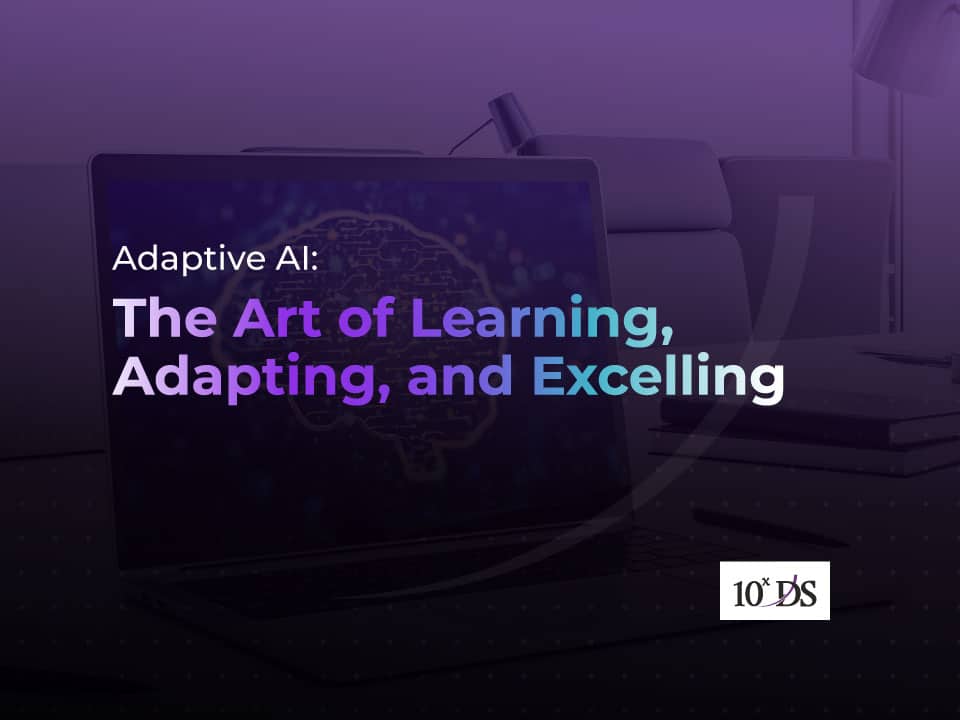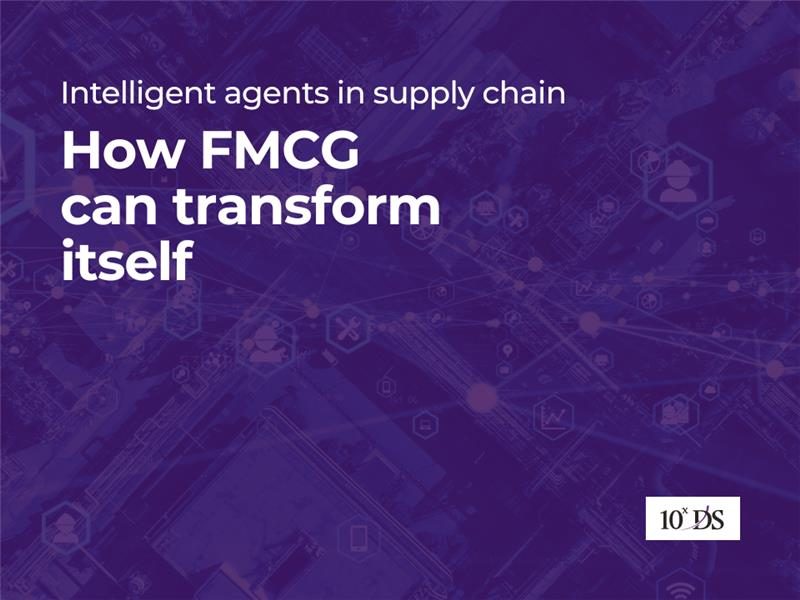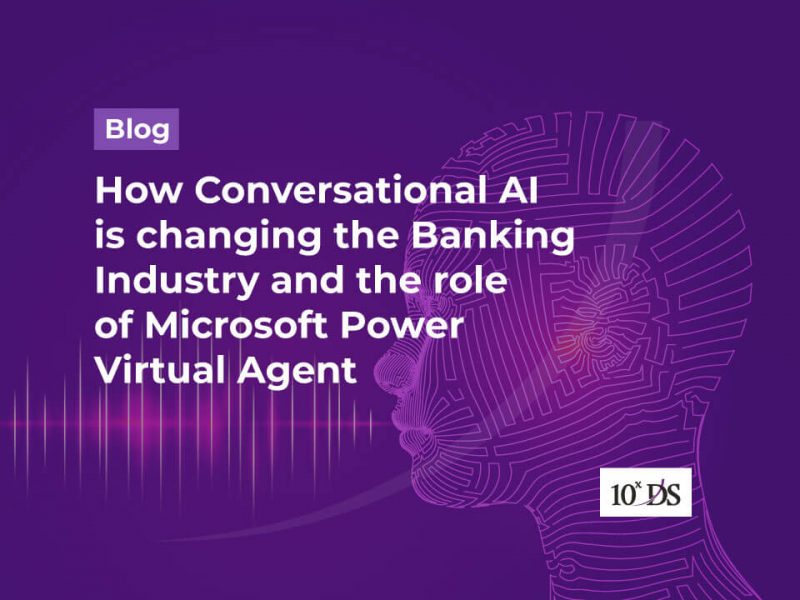
Adaptive AI: The Art of Learning, Adapting, and Excelling
“Computers will overtake humans with AI at some point within the next 100 years. When that happens, we need to make sure the computers have goals aligned with ours.”. This is a famous quote by Stephen Hawking on Artificial Intelligence. How do computers align their goal with ours? – by learning continuously and adapting to the new patterns and trends. Unlike traditional AI systems that are static and fixed in their capabilities, we need AI systems have the ability to adjust their behaviour and improve their performance over time. That’s exactly what adaptive AI system offers. Adaptive AI is the artificial intelligence system that can learn, adapt, and improve their performance based on experience and feedback. Here are some key characteristics and capabilities of adaptive AI:
Machine Learning: Adaptive AI systems often utilize machine learning algorithms and techniques to analyse and learn from data. They can automatically identify patterns, make predictions, and generate insights based on the information they receive.
Continuous Learning: Adaptive AI systems have the ability to continuously learn and update their models or algorithms based on new data. They can adapt their behaviour and decision-making processes as they encounter new information, improving their accuracy and performance.
Feedback Loop: Adaptive AI systems rely on feedback from users, real-time data, or other sources to refine their models and adjust their predictions or actions. They learn from feedback, identify errors or discrepancies, and update their knowledge or behaviour accordingly.
Personalization: Adaptive AI systems can tailor their responses or recommendations to individual users based on their preferences, behaviours, or historical data. They can adapt their outputs to meet specific user needs and deliver a more personalized and relevant experience.
Context Awareness: Adaptive AI systems take into account the context in which they operate. They consider environmental factors, user interactions, and real-time data to adapt their responses or decisions accordingly. This helps them provide more accurate and contextually relevant outputs.
Self-Improvement: Adaptive AI systems have the capability to optimize themselves over time. They can identify areas of improvement, adjust their algorithms, and enhance their performance without requiring explicit human intervention.
Adaptive AI has numerous applications across various domains, including personalized recommendations, customer service chatbots, fraud detection systems, healthcare diagnostics, autonomous vehicles, and more. By continuously learning and adapting, these systems can deliver more intelligent, efficient, and effective solutions, making them valuable in many real-world scenarios. Hence it is being employed by organizations across a wide range of industries to enhance various processes and improve decision-making.
1. Personalized Marketing
Adaptive AI is utilized to analyse customer data, behaviour, and preferences to deliver personalized marketing campaigns. It helps organizations tailor their messaging, offers, and recommendations to individual customers, thereby increasing engagement and conversion rates. Personalized marketing holds much value in industries such as E-commerce, Travel & Hospitality, Media & Entertainment, Financial services etc as these industries have a high degree of customer interaction, rely on customer insights, and prioritize delivering tailored experiences.
2. Customer Support and Chatbots
Adaptive AI is employed in chatbot systems to provide intelligent and contextually aware customer support. These chatbots learn from customer interactions, adapt their responses based on user feedback, and continuously improve their performance in providing accurate and helpful assistance. Global IT operations, Online Services and Platforms are to benefit from such adaptive AI customer support mechanisms.
3. Fraud Detection and Security
Banking and Financial Services organizations utilize adaptive AI to detect and prevent fraudulent activities. Adaptive AI systems analyse large volumes of data, identify patterns and anomalies, and adapt their algorithms to recognize evolving fraud techniques. Real-time Monitoring, Behavioural Analysis and Adaptive Risk Scoring etc are some techniques used in this aspect. They help organizations proactively detect and respond to potential threats.
4. Predictive Maintenance
Adaptive AI is employed to optimize maintenance schedules and predict equipment failures. By analysing historical data, sensor readings, and other relevant information, adaptive AI systems can learn patterns and trends, enabling organizations to schedule maintenance activities more efficiently and reduce costly downtime. Predictive maintenance is key for Manufacturing and Oil & Gas to keep systems optimum at all times.
5. Financial Forecasting and Trading
Adaptive AI is utilized in financial markets to analyse vast amounts of data, identify trends, and make predictions. Data Analysis, Real-time Market Monitoring, Predictive Modelling, Risk Assessment and Management, Algorithmic Trading are few of the methods used to achieve near to accurate forecasting. These systems adapt their models based on market dynamics and historical data, helping organizations make more informed investment decisions and optimize trading strategies.
6. Healthcare Diagnosis and Treatment
Adaptive AI is used in healthcare for diagnosing medical conditions and personalizing treatment plans. By analysing patient data, medical records, and clinical research, adaptive AI systems can adapt their diagnostic models and treatment recommendations to provide more accurate and tailored healthcare solutions.
7. Supply Chain Optimization
Adaptive AI is employed to optimize supply chain operations, demand forecasting, and inventory management. These systems learn from historical data, market trends, and real-time information to adapt procurement strategies, improve inventory levels, and optimize distribution networks.
According to Next Move Strategy Consulting the market for artificial intelligence (AI) is expected to show strong growth in the coming decade. Its value of nearly 100 billion U.S. dollars is expected to grow twentyfold by 2030, up to nearly two trillion U.S. dollars. The future of AI and specifically adaptive AI holds immense potential to transform industries, enhance user experiences, and drive innovation. Adaptive AI systems will continue to evolve with advanced machine learning techniques, enabling them to learn from new data and adapt their behaviour throughout their operational lifespan. The focus will be on developing AI systems that can learn, adapt, and collaborate with humans in a responsible and transparent manner, creating a future where AI augments human capabilities and leads to societal benefits.


